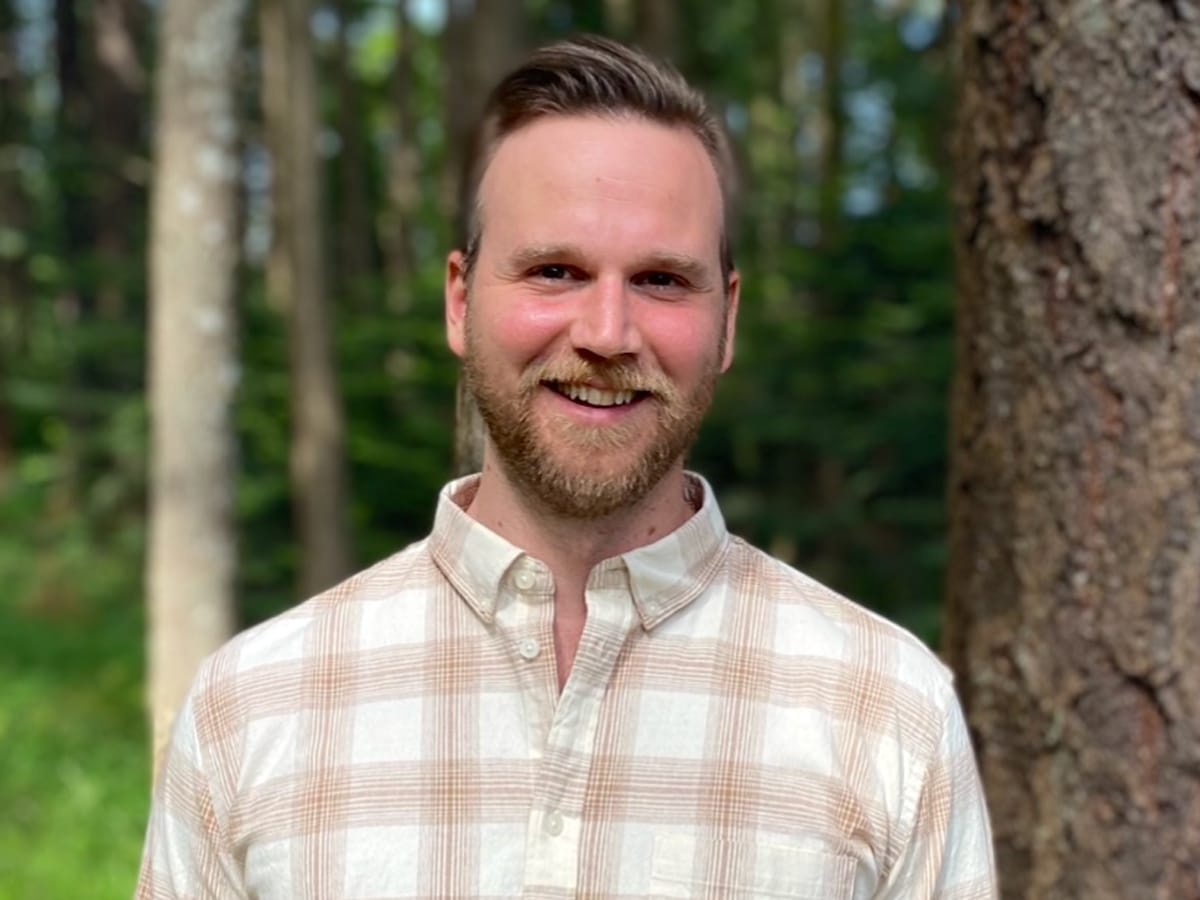Before the first session: Progress Purgatory
By Lookout Production on May 14, 2023 with Comments 0
 Thomas Goenczi, Lookout Contributor — The most common question that breaches the surface after the initial decision to attend counselling is ‘Now, what?’.
Thomas Goenczi, Lookout Contributor — The most common question that breaches the surface after the initial decision to attend counselling is ‘Now, what?’.
Now, what indeed… Making the conscious decision is only half the battle. The final stage of initiating counselling is booking your appointment.
For some, action quickly follows a decision, but others find themselves in ‘progress purgatory’, a state filled with questions such as ‘Do I really need to do this?’, ‘It’s probably not going to help anyways’, ‘Why bother changing, life hasn’t been that bad?’, and ‘What if my counsellor doesn’t get me?’. The innate spark of needing to be better burns out quickly, so we must attend to it deliberately, otherwise we might get stuck in wanting to progress but being unable to act on it.
The slow cultural shift toward the importance of mental health has led to the proliferation of mental health professionals in our communities. This abundance has its advantages and drawbacks. The endless number of options can be dizzying, but if you can select a therapist by yourself, find someone with experience or interest in the area you struggle with. Some practitioners are specialists, and some take a generalist approach. A simple search will provide a long list of trained and certified practitioners in your area, and directories such as Psychology Today will provide a more streamlined and efficient search.
Being vulnerable isn’t easy but is necessary when you decide to overcome mental health struggles. Use the momentum to go to counselling, and do not negate it. A wide spectrum of emotions and thoughts often bloom during this anticipatory period; questioning whether counselling is something you really want to do, what it’s going to be like, or if it will even help, are provocations signalled from the undercurrent of anxieties. Two forces rule this limbo state: fear and apathy. They play a significant role in our lives, and reflecting on them is vital.
We often fear the potential outcome or are enveloped by a sense of apathy that is expressed through a lack of motivation. When you notice you feel fear or apathy when you think about counselling, there’s a good chance you’re coming up on something that has meaning to you. You must press forward to see yourself on the other side. In doing so you escape progress purgatory and finally move into a sense of growth.
Thomas Goenczi is a RCN Veteran, MA Clinical Counsellor – Private Practice: Well Then Therapy
The content is not intended to be a substitute for professional advice, diagnosis, or treatment. Always seek the advice of your mental health professional or other qualified health provider with any questions you may have regarding your condition.
Filed Under: Top Stories
About the Author:






